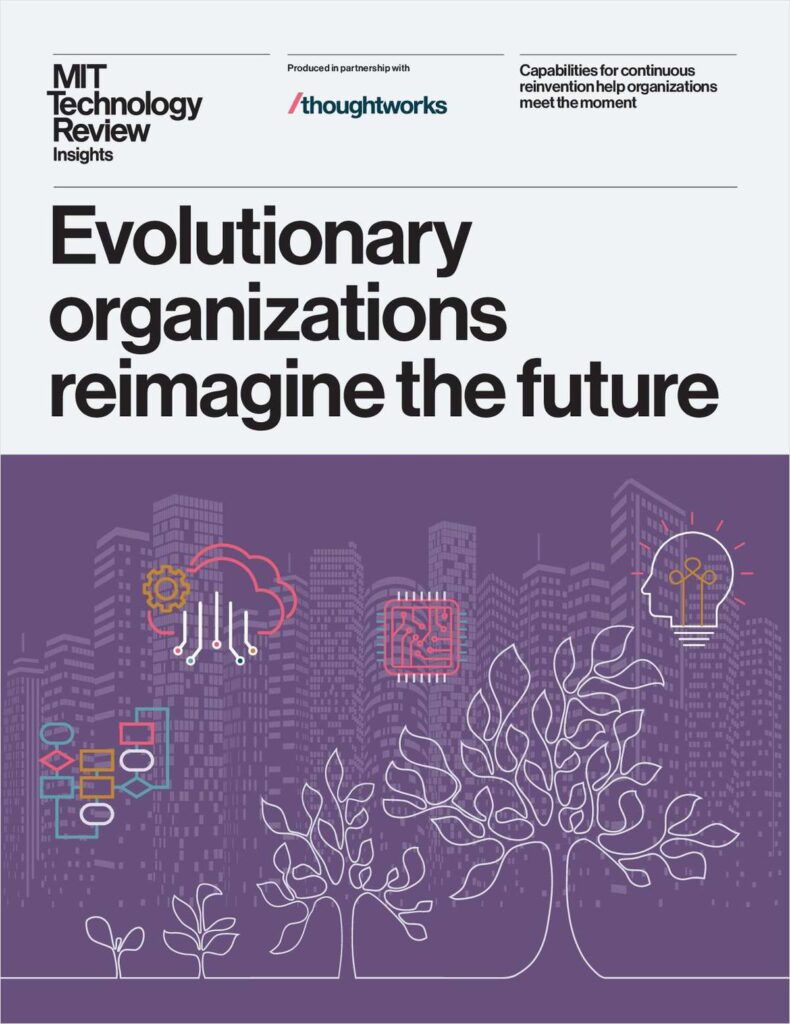The Texas Advanced Computing Center today announced that Vista, a new AI-centric system, is in full production for the open science community. Funded by the National Science Foundation, Vista marks a departure from the x86-based architecture of ….
TACC Selects Sabey Data Centers as Colo for Horizon HPC System
Aug. 26, 2024 — The Texas Advanced Computing Center (TACC) at The University of Texas at Austin announced it has chosen Sabey Data Centers (SDC Austin) as its colocation partner for the Horizon supercomputer. Horizon is part of the nation’s newly announced National Science Foundation-funded Leadership-Class Computing Facility (LCCF), which will revolutionize America’s computational research for the next […]
Announcing insideHPC’s New National Lab News Portal
Today marks the launch of insideHPC’s new National Lab News portal, a service for the HPC community that highlights and aggregates the use of HPC technologies at supercomputing centers in the United States and around the world. You can access the portal by clicking on the header in the insideHPC navigation bar, (“National Lab News”), articles will be listed….
HPC News Bytes Podcast for 20230731: AWS’s GPU-Laden P5 Instance; TACC’s Stampede-3; Micron’s 24GB HBM3; Cineca’s ‘White Space’ Infrastructure
As August beckons let’s take a quick (4:14) look at the highlights of the latest news in HPC, AI, quantum and other advanced technologies. This week, Shahin and Doug discuss: AWS EC2 P5 cloud instance with Nvidia H100 and AMD Milan; TACC’s Stampede-3 mini Intel Aurora with Cornelis Network’s Omni-Path Express fabric; Micron 8-high 24GB HBM3; Cineca’s “white space” supercomputing infrastructure strategy.
TACC: Simulation Reveals Secrets of Exotic Electrons
March 22, 2023 — The Texas Advanced Computing Center has announced that simulations on TACC’s Frontera supercomputer have helped scientists map for the first time the conditions that characterize exotic electrons, called polarons, in 2D materials, the thinnest materials ever been made. “A new leaf has turned in scientists’ hunt for developing cutting-edge materials used in […]
Finnish IT Center CSC (Site of LUMI) and TACC in HPC Collaboration
The CSC – the Finnish IT Center for Science – and the Texas Advanced Computing Center (TACC) at The University of Texas at Austin, have signed a memorandum of understanding to promote research collaboration using high-performance computing (HPC) applications to address global challenges. The organizations said the collaboration focus on joint use of supercomputing resources […]
NSF Center of Excellence in Cyberinfrastructure Awarded $7.5M
Sept. 6, 2022 — Since 2016, the Science Gateways Community Institute (SGCI) has brought together software developers to improve access to essential resources and services with a “community center” approach. By offering development assistance, usability engagements, sustainability training and more, SGCI has helped more than 150 science gateways reach their goals. Through a combination of […]
@HPCpodcast: Equity, Diversity and Inclusion Strategies – A How-to Guide for HPC Managers
While it’s safe to assume that most senior managers in the HPC community are in favor of hiring and promoting more women and people of color within their organizations, many don’t know how to make it happen. At last week’s annual meeting of the Dell Technologies HPC Community, Melyssa Fratkin of the Texas Advanced Computing Center offered this piece of advice: using same-old-same-old hiring practices won’t work.
TACC Announces Frontera Fellows Cohort for 2022-2023
The Texas Advanced Computer Center (TACC) has welcomed its Frontera Computational Science Fellowship awardees for 2022-2023. The program provides a year-long opportunity for talented graduate students to compute on the Frontera supercomputer world and collaborate with experts at TACC. TACC released the following profiles and Q&A with the new cohort of fellows: Alma Carolina Escobosa, […]
TACC: Frontera HPC Helps Reveal Weaknesses in HIV-1 ‘Armor’
The Frontera supercomputer at TACC has furthered scientists’ understanding of how the HIV-1 virus infects and helped generate the first realistic simulations of its capsid, complete with its proteins, water, genetic material, and a key cofactor called IP6 recently discovered to stabilize and help form the capsid. “The vulnerabilities in the armor of the HIV-1 virus capsid were revealed by these very big simulations and the analysis we did,” said Gregory Voth, the Haig P. Papazian Distinguished Service Professor at the University of Chicago. Voth is the lead author on the HIV-1 capsid study published in March 2022 in the Proceedings of the National Academy of Sciences.










